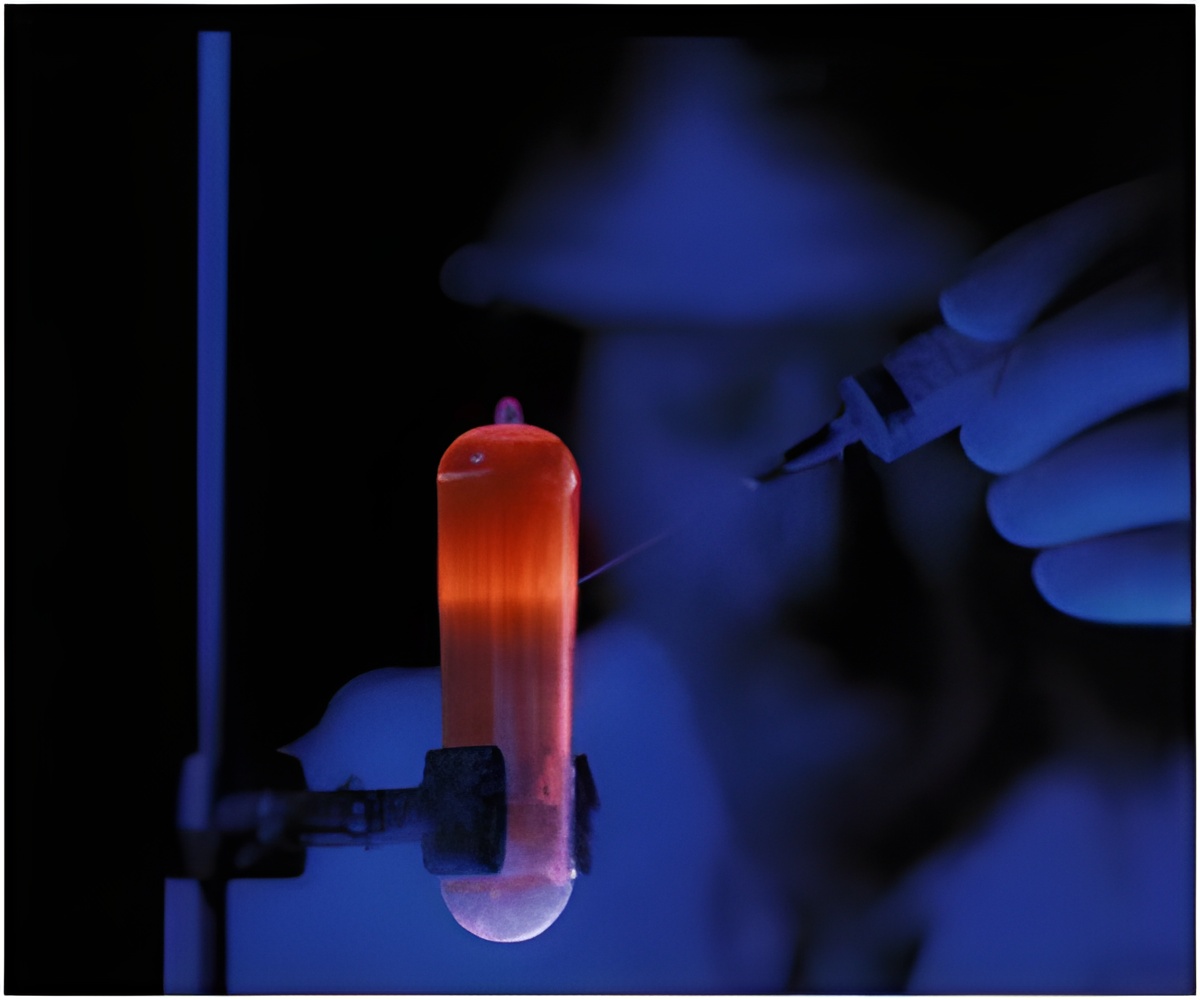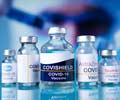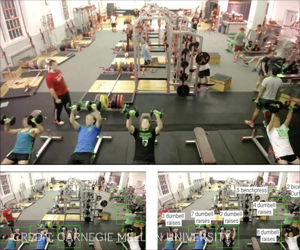A clinical trial evaluating the safety and effectiveness of COVID-19 convalescent plasma has been halted by NIH.

‘COVID-19 convalescent plasma is blood plasma derived from patients who have recovered from the virus. It contains antibodies, or special proteins, generated by the body's immune system to fight the disease.
’





Launched in August 2020, the trial was being conducted at 47 hospital emergency departments across the US and had enrolled over 500 participants, Xinhua news agency reported. More than 100,000 people in the US and many more worldwide have already been treated with it since the pandemic began, according to the NIH.
The trial reviewed the effectiveness of Covid-19 convalescent plasma in adults who came to an emergency department with mild to moderate symptoms they had for a week or less. These patients also had at least one risk factor associated with severe Covid-19, such as obesity, hypertension, diabetes, heart disease, or chronic lung disease, but none were ill enough at the time to be hospitalised.
After the study participants received either the convalescent plasma or a placebo, researchers tracked whether the participants needed to seek further emergency or urgent care, had to be hospitalised, or died within 15 days of entering the trial.
The recent data analysis from the study indicated no significant difference in the proportion of participants who experienced any one of these outcomes, according to the NIH.
Advertisement
Source-IANS















